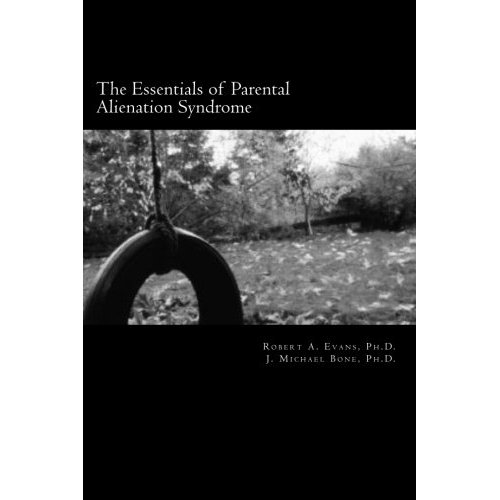My last blog post outlined arguments focusing on the issues commonly cited against Parental Alienation Syndrome. Today we will dive deeper into argument number one: Parental Alienation Syndrome oversimplifies the etiology of children’s alienation.
Dr. Warshak points out that part of the problem with this issue is that many who claim to doubt the authenticity of Parental Alienation Syndrome (PAS) fail to comprehend all of the elements go into the syndrome.
In order for PAS to be a valid diagnosis, there has to be three elements present:
- There has to be a campaign of denigration on the part of the child.
- There has to be little or no valid rational for the campaign.
- The child’s alienation has to be the result of the work of an alienating parent or adult in the child’s life.
Many detractors of PAS fail to consider 2 and 3, but focus instead on the denigration by the child of the targeted parent. If there are good, valid reasons for the child to reject a parent, therefore, the denigration is not the result of programming by an alienating parent, than there is no PAS.
To pursue a PAS diagnosis under these conditions would be a misuse of the terminology.
A number of health care professionals working in the divorce arena have used reported phenomenon analogous to Gardner’s term “PAS”. Wilhelm Reich in 1949, for example, referred to alienating parents as seeking “revenge on the parent through robbing him or her of the pleasure of the child”. Wallerstein and Kelly, out spoken critics of PAS and Dr. Richard Gardner, in 1980 described children who “were particularly vulnerable to being swept up into the anger of one parent against the other… faithful …in efforts to hurt the other parent. Not infrequently, they turned on the parent they had loved and been very close to prior to the marital separation”. In 1989, Wallerstein coined the term “Medea Syndrome”, referring to parents who facilitate the alienation of a child from an ex-spouse. These children are “overburdened” because they must attend to the needs of a disturbed parent.
On the one hand critics state over implication as an issue, yet, derive their own theory using their own terminology to essentially describe the same phenomenon. Also what is significant is that PA, under various names, has been discussed in the literature for decades.
Check back next week for additional information on the argument: Children’s alienation from one parent is normal, therefore, not a disorder at all.



Trackbacks/Pingbacks